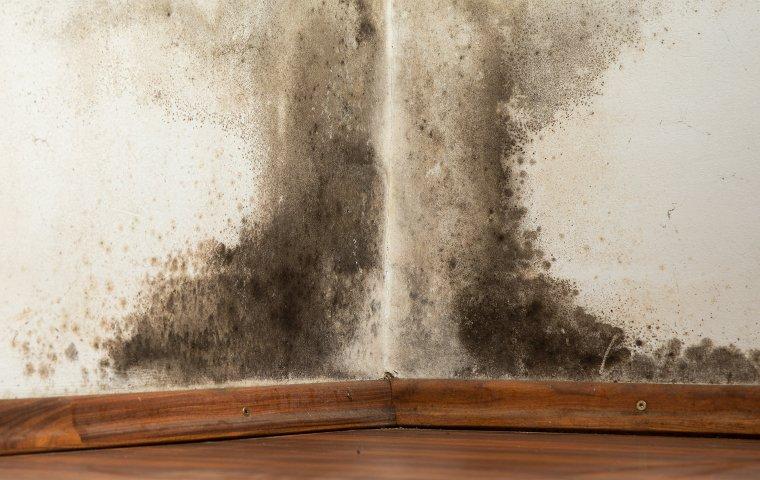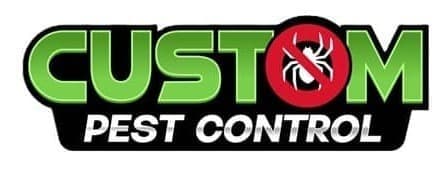What You Need To Know If You Spot Signs Of Mold Around Your Huntsville Property
December 15, 2020
When you think of silent threats to your Huntsville, AL property, you might think of pests like bed bugs, termites, or mice. However, you may not think about mold. Mold is a far more common problem than many people realize, and when mold gets inside Huntsville homes, it can have serious consequences.

Mold is a tricky "pest" to catch and remove, but if you know the warning signs, you’ll be able to prevent sickness before it happens. Let’s learn what mold looks like in Huntsville properties and how to prevent it from harming your health.
Mold Identification Guide
More often than not, people skirt right past a mold problem without realizing it’s mold. These fungal growths often resemble dirt or soot, so it’s easy to mistake a mold problem for something minor and incidental. Identifying mold in Huntsville homes requires a few different signs and symptoms. Seek mold help immediately if two or more of the following occur:
- Allergies. If you find that your sinuses are stuffed indoors but are completely fine outside, you may have toxic mold in the air.
- Odors. Some molds leave a musty odor in the air that gets worse over time.
- Dark spots. Mold most often looks like ash, soot, or dirt, so if you see dark spots, think twice about whether you have dirt in your house or something else.
- Water problems. Mold usually happens because of water problems, so if you know you have a leak somewhere, don’t be surprised when mold grows in the area.
- Toxic symptoms. Prolonged mold exposure can cause headaches, nausea, dizziness, memory loss, and other neurotoxic problems.
Mold usually occurs because there’s an excess of moisture around your Huntsville home. Though this most commonly occurs in the bathroom or kitchen, don’t eliminate the possibility of mold in other parts of the house. Whether it’s in your crawl spaces, attic, or bedroom, mold happens wherever there’s plenty of moisture and nothing to disrupt mold growth.
The Problems Mold Can Cause
If you don’t catch the signs of mold right away, you’ll certainly catch the symptoms. Mold is toxic to the body, and when it grows in your house, you will unwittingly breathe it in. Over time, this can bring severe health problems to your family.
The mildest forms of mold symptoms feel similar to allergies. If you have watery eyes, a stuffy nose, lots of congestion, and an irritated throat, then your body is reacting to something it shouldn’t be inhaling. These symptoms will continue for as long as mold is in the house, so if you’re feeling stuffy for over a week, it isn’t a cold you have – it could be mold.
Over time, some molds become neurotoxic to homeowners. Molds can harm the brain and attack your brain cells, and your body’s reaction to this mold problem is certainly unpleasant. Headaches, dizziness, memory loss, and psychological distress are inevitable reactions to neurotoxic mold. Clearly, molds have no place in your Huntsville house. The best way to avoid these health problems is to prevent molds entirely.
Mold-Prevention Tips
Mold prevention is pretty simple: keep indoor moisture to a minimum. If your home has a water leak, a history of flooding, or an issue with humidity control, mold will doubtlessly move into your property.
You can reduce indoor moisture in a couple of ways. You may be able to buy a dehumidifier for your home to keep your home air dry. You should also make sure your rooms are well ventilated, especially your kitchen and bathroom. Additionally, if you have flooding damage in the home, especially water-damaged wood, you will want to repair this damage as soon as possible.
Finally, mold prevention can coincide with the ongoing assistance of Custom Pest Control. Whether you have a mold problem or want to prevent one, we’ll inspect your property to identify any mold attractors you may have. We can even install sump pumps, dehumidifiers, and encasements to help you have a mold-free home. Contact us today, and let our Huntsville mold professionals keep your family from experiencing the dangerous symptoms of mold.
